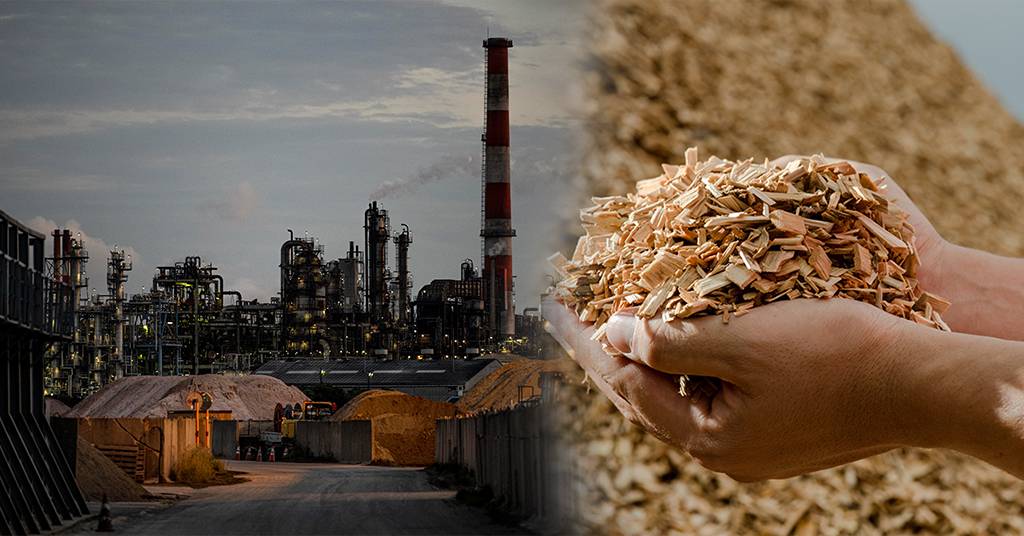Welcome To ChemAnalyst

Poland is poised to make a significant shift in its approach to coal-fueled power, as Secretary of State for Climate, Urszula Zielinska, announced plans to establish a definitive end date for coal-generated electricity. This transformative decision marks a departure from the stance of the previous government and underscores Poland's commitment to addressing climate change.
The October 2023 elections in Poland brought about a change in government, ending eight years of Law and Justice (PiS) party rule. Zielinska emphasized that the new government is prioritizing environmental initiatives, including the crucial step of setting a specific timeline for phasing out coal power. Addressing reporters in Brussels, Zielinska highlighted the importance of having a clear end date, stating that it enables effective planning for both the industry and the general populace.
Poland currently relies on coal for approximately 70% of its power, making it the predominant source of energy and a significant contributor to CO2 emissions. Despite this, the country has made strides in increasing wind and solar generation in recent years, signalling a commitment to diversifying its energy mix.
Under the previous government, an agreement was reached with trade unions to continue coal mining until 2049. However, the urgency of reducing emissions from coal to combat climate change has gained global attention. Scientists emphasize the need for substantial emission cuts in this decade to avert severe climate consequences. United Nations Secretary-General António Guterres has called on all countries within the OECD to phase out coal by 2030.
The announcement from Zielinska signifies a notable shift in Poland's approach to environmental policies within the European Union. Poland has historically opposed certain EU environmental measures and even took legal action against Brussels last year in an attempt to annul EU climate policies, including a 2035 ban on new CO2-emitting cars.
In a further demonstration of Poland's evolving stance, Zielinska expressed the country's readiness to embrace a target for the EU to achieve a 90% reduction in emissions by 2040. Importantly, Poland is committed to addressing the societal impact of such measures, reinforcing the government's commitment to ensuring a just and inclusive transition to a more sustainable energy landscape.
Poland's plans to set an end date for coal-fueled power underscore a pivotal moment in the nation's commitment to combatting climate change and embracing a more sustainable energy future. The shift in tone and policy direction reflects a broader awareness of the urgent need for environmental action and aligns with global efforts to transition away from fossil fuels. Poland's commitment to a greener future, as articulated by Zielinska, holds the promise of contributing to a more sustainable and resilient planet.
We use cookies to deliver the best possible experience on our website. To learn more, visit our Privacy Policy. By continuing to use this site or by closing this box, you consent to our use of cookies. More info.
